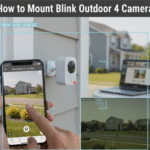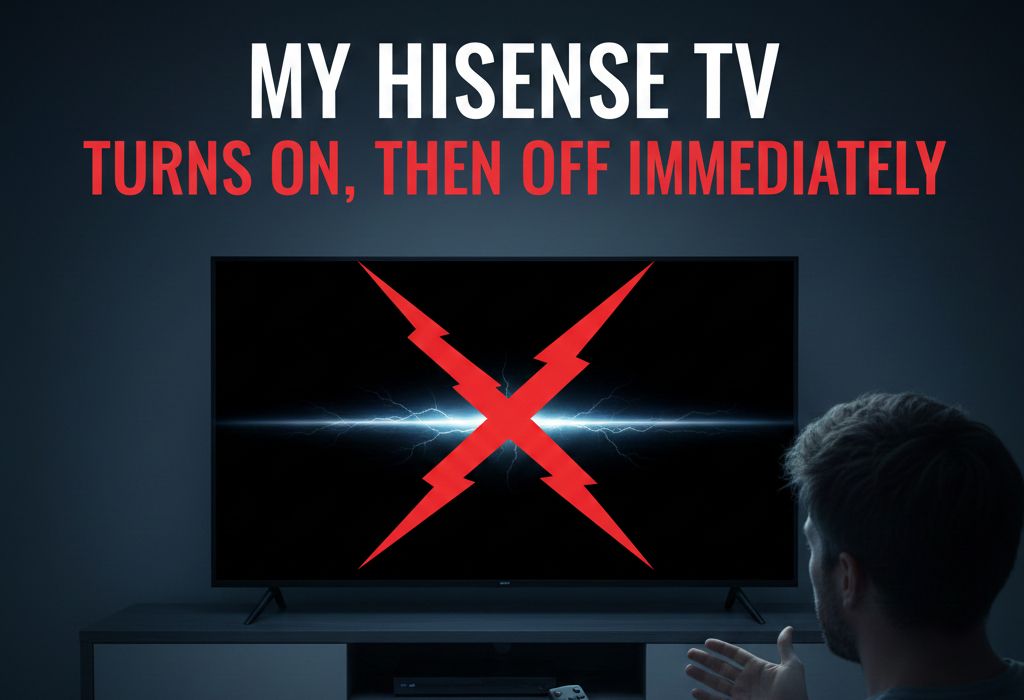For a person who resides in a flat, installing a video doorbell can feel like an easy solution to enhance security and the peace of mind that comes with it. But the question usually arises—are doorbells legally permissible in flats? The reply isn’t so straightforward.
Flat complexes contain shared areas, numerous dwellers, and regulations that are different from individual houses. What seems to be a reasonable safety improvement may be contrary to tenancy terms, landlord permission, or even privacy law.
Prior to installing a doorbell on the outside of the flat, one must know the regulations and stay in line without losing the advantage of further protection.
What is a Ring Doorbell?
A Ring Doorbell is something more than a button to ring someone within a house. It’s a smart device that has video and sound elements integrated into it where individuals can visually see, hear, and even talk to the person visiting the door.
Developed by the firm Ring, the doorbell became a popular solution in the UK for an easy and efficient means of enhancing security for both houses and apartments. Unlike a conventional doorbell, it is internet-connected and directly interfaces with a smartphone, thus allowing an alert to be received even when not at home.
How Does a Ring Doorbell Work?
The device works by connecting to a Wi-Fi network and syncing with the Ring mobile app. When someone presses the button, the app sends an instant notification to the phone or tablet linked with the device.
At the same time, the built-in camera activates, allowing live video streaming of the visitor at the door. Many models also use motion sensors to detect movement, meaning alerts can arrive even before the button is pressed.
Features such as two-way audio, night vision, and video recording give residents the ability to monitor their entrance from anywhere, adding both security and convenience.
Are Ring Doorbells Legal in UK Flats?
- Yes, Ring doorbells are generally legal in the UK, including flats.
- Lease or tenancy agreements may restrict installations, so it’s important to check first.
- Freeholders or landlords can refuse permission if changes to the property aren’t allowed.
- Neighbour privacy must be considered—recording another flat’s doorway, windows, or garden without consent could cause disputes.
- Maisonettes often face fewer issues since they usually have private entrances.
- If the doorbell placement avoids infringing on others’ privacy, it’s unlikely to be a problem.
Lease and Tenancy Agreements
In most UK flats, lease or tenancy agreements set the rules for what residents can and cannot change. Installing a Ring doorbell may count as altering the property’s exterior, so it often requires written permission. Ignoring these rules could lead to disputes with a landlord or managing agent, and in some cases, the device may have to be removed.
Neighbour Privacy Concerns
Privacy is one of the most sensitive issues around video doorbells. If a Ring doorbell records areas beyond the front door—such as a neighbour’s entrance, windows, or garden—it may be seen as intrusive. Complaints to the landlord or council can follow, especially if children are being recorded. Careful positioning of the device helps avoid such conflicts.
Flat Type Differences
The type of flat makes a difference. Maisonettes, which typically have private entrances, usually face fewer restrictions since the device only covers the resident’s own doorway. Flats with shared entrances, on the other hand, are more complicated. In these cases, cameras might capture communal areas, making privacy concerns more likely and landlord approval more important.

Are Ring Doorbells Legal in Other UK Properties?
Detached Houses
- Fully legal to install a Ring doorbell.
- No need for external permissions, as the property is privately owned.
- The only consideration is avoiding neighbour privacy violations if the camera covers adjoining land.
Semi-Detached Houses
- Legal, but care is needed if the doorbell view includes the neighbour’s entrance or garden.
- Positioning the device correctly helps prevent complaints.
Terraced Houses
- Allowed, but recording may be trickier due to close proximity of neighbouring doors and windows.
- Adjusting the angle of the camera is often necessary to comply with privacy rules.
Maisonettes
- Generally face fewer issues because entrances are private.
- Installing without affecting shared spaces is typically acceptable.
Flats with Shared Entrances
- More complicated, as the doorbell may record communal areas.
- Landlord or freeholder approval is usually required.
- Privacy concerns from other tenants are more common in this type of property.
Rented Properties (Any Type)
- Installation is possible, but landlord permission is almost always needed.
- Tenancy agreements often outline whether alterations like a doorbell are allowed.
Do I Need My Landlord’s Permission for a Ring Doorbell?
In most cases, yes. Installing a Ring doorbell usually counts as altering the property’s exterior, so landlord or freeholder approval is required. Many landlords allow it since the device improves security, but written consent helps avoid disputes. Tenancy agreements may already outline rules for such installations, so checking the contract first is important before fitting the device.
How Common Are Ring Doorbells in the UK? (Statistics & Trends)
Ring doorbells have become a familiar sight across the UK. By mid-2025, estimates suggest between 2.7 and 3.3 million units are in use nationwide. According to figures shared by Birmingham Control Centre, Ring holds a dominant position in the market, accounting for around 74% of all video doorbell sales in the UK. With nearly 28 million households across the country, this means roughly one in ten homes now has a Ring device fitted. Research from GreenMatch.co.uk also shows smart home adoption is rising quickly, with video doorbells among the most popular security upgrades.
Tips for Installing a Ring Doorbell in a Flat Without Issues
- Check your lease or tenancy agreement before making any changes to the property exterior.
- Seek written permission from the landlord or freeholder to avoid disputes later.
- Choose a non-drill or adhesive mount if drilling into walls isn’t allowed.
- Angle the camera carefully so it only captures your own doorway, avoiding neighbours’ entrances or windows.
- Test Wi-Fi strength near the front door to ensure smooth video streaming.
- Use privacy zones in the Ring app to block out areas you don’t want recorded.
- Inform neighbours if needed, showing that the device is positioned responsibly.
Final Thoughts
Installing a Ring doorbell in a flat can feel like a simple way to add peace of mind, but it comes with considerations that should not be overlooked. Lease agreements, landlord permissions, and the privacy of neighbours all play a role in whether the installation will be hassle-free.
For maisonettes and privately owned homes, the process is usually more straightforward, while shared entrances and rented properties require extra care.
With smart positioning and respectful use, most concerns can be avoided, allowing residents to enjoy the real benefits—improved security, instant alerts, and the reassurance of knowing who is at the door.
As smart home devices continue to grow in popularity across the UK, Ring doorbells are becoming less of a luxury and more of a standard practice for modern living.
Yes, non-drill mounts and adhesive brackets make it possible to install a Ring doorbell securely without damaging walls or breaching rental agreements.
No, they don’t continuously record. Ring doorbells activate when the button is pressed or motion sensors detect movement, sending alerts and allowing live or recorded video access.
Yes, provided the WiFi signal reaches your doorway. If the signal is weak, a WiFi extender or Ring Chime Pro can improve connection strength.
Alternatives include using battery-powered cameras, smart peephole viewers, or door security chains. These offer extra protection without permanent changes to the property or breaching rental terms.











